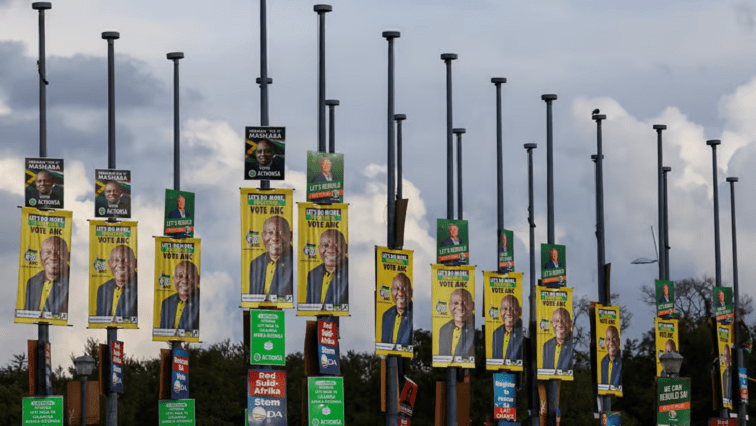By Professor Bheki Mngomezulu
The advent of democracy in 1994 was characterised by euphoria. Over time, some of the 19 political parties which participated in that election have ceased to exist. New ones have emerged. The popularity of some parties has declined.
Against this backdrop, the question arises: are South African political parties still worth their salt? An immediate answer is no! This assertion is buttressed by statistical facts.
Following the maiden election in 1994, from 1999 a lot has happened which defines the current top five political parties: ANC, DA, EFF, IFP and FF+. The ANC and the IFP have participated in all the elections since 1994. The DA and the FF+ joined in 2004, while the EFF participated in the national election for the first time in 2014.
After growing from 66.3% in 1999 or 266 seats to 69.6% or 278 seats in 2004, the ANC has been on a downward spiral. In 2009 it obtained 65.9% votes or 264 seats. This figure declined to 62.1% or 249 seats in 2014 and further declined to 57.5% or 230 seats in 2019. The ANC continues to lead with a reduced majority.
The DA started as the DP in 1999 and assumed the DA name in the 2004 general election. It obtained 12.3% or 50 seats in 2004, which was up from the 38 seats obtained by the DP in 1999. In 2009, the party’s support increased to 16.6% or 67 seats. This figure increased to 22.2% or 89 seats in 2014. In 2019, although the percentage showed an increase to 20.7%, the number of seats declined from 89 to 84.
The EFF, which is the third largest party in the National Assembly first contested the general election in 2014. It has been constantly growing in both general and local government elections. In 2014, the EFF obtained 6.3% or 25 seats in the National Assembly. In 2019, the party improved to 10.8% or 44 seats. This shows an upward trajectory.
The IFP has had its fair share of challenges which showed the party’s support fluctuating. In 1999, the IFP obtained 8.5% or 34 seats. During the next election in 2004, the IFP’s support declined to 6.9% or 28 seats. In 2009, this decline continued to 4.5% or 18 seats. As if this was not enough, in the next election in 2014, the emergence of the NFP reduced the IFP’s support to 2.4% or 10 seats. Internal squabbles in the NFP and the ANC benefitted the IFP. In 2019, the party’s support grew to 3.3% or 14 seats. When factoring in the results of the 2021 Local Government Elections and the results of several by-elections in KZN, it is fair to conclude that the IFP is regaining its momentum.
The FF+ is picking up its support. Between 2004 and 2019, it has registered some gains. For example, between 2004 and 2014, it recorded 0.8% in 2004, 0.8% in 2009, and 0.9 in 2014. In 2019, this figure stood at 2.3%, which was equivalent to 10 seats in the National Assembly. Identity issues in the DA boosted the FF+ which clearly protects the interests of Afrikaans-speaking whites.
Manifestos have lost their meaning. Part of the reason is that there is very little that distinguishes one party from another – except for the statistical figures they play with. The decline in the ANC’s support is self-inflicted. Internal squabbles caused by factional politics have weakened the ANC. Service delivery concerns have also contributed to this decline. The calibre of leadership is another causal factor. Lastly, is the increase in the number of political parties.
The electorate is diverse. Gone are the days when voters were linked to their parties by the history of the liberation struggle and racial connections. Today people focus on bread-and-butter issues like water, electricity, jobs, etc.
Looking at the general trend in liberation movements, chances are slim that the ruling party (ANC) can still rule effectively beyond 2024. It has lost its momentum.
Voter turnout has been declining. It might increase as more people are determined to change their situations.
Politicians must learn to treat the electorate with respect or risk losing this and future elections.
- Professor Mngomezulu is the Director of the Centre for the Advancement of Non-Racialism and Democracy at the Nelson Mandela University.


